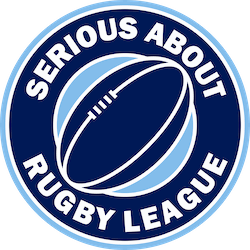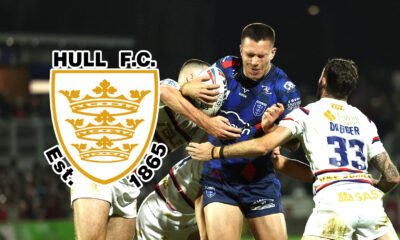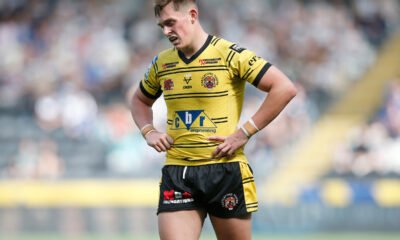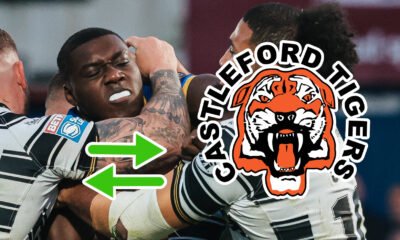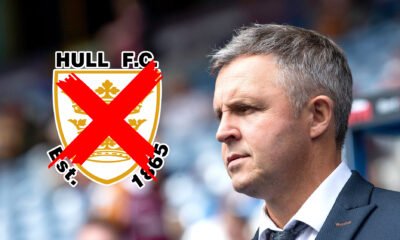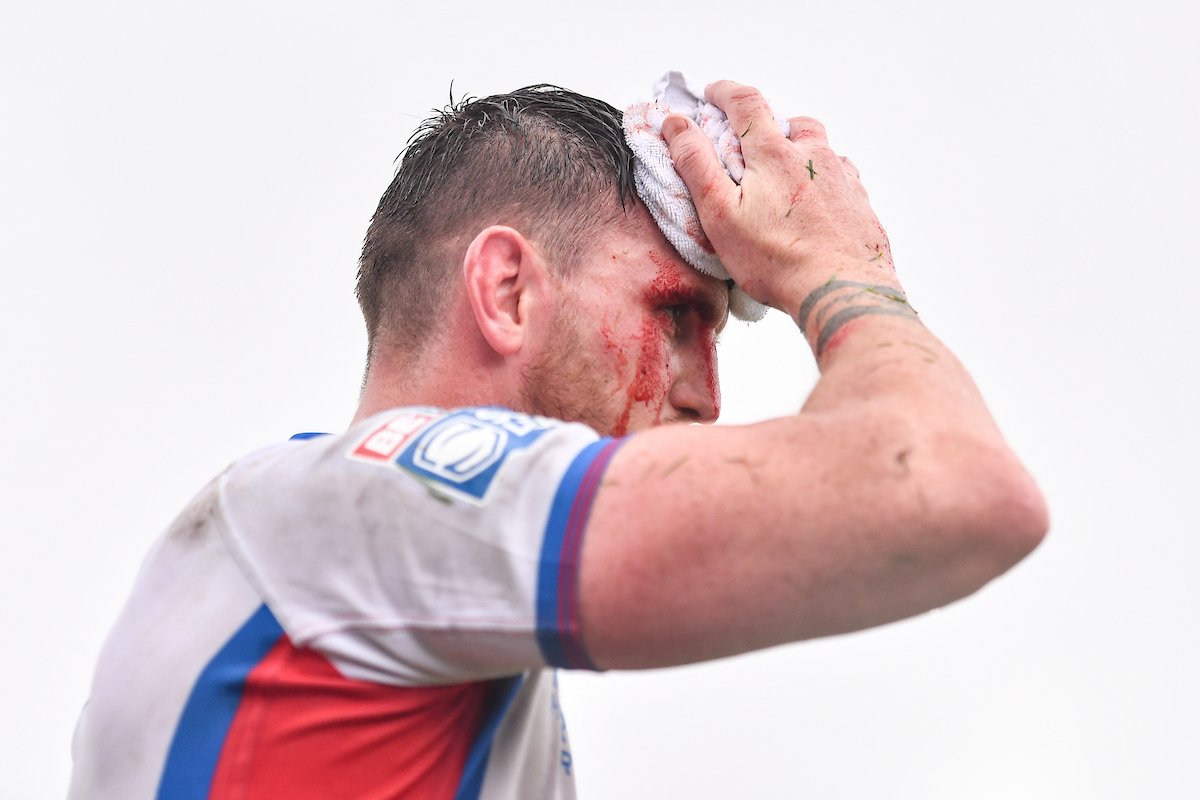
The Rugby Football League is backing the new Concussion Guidelines for Grassroots Sport which have today been published by the Government and the Sport and Recreation Alliance.
The RFL has taken responsibility for ensuring that the Guidelines, which are aimed primarily at grassroots sport, are embraced throughout Community Rugby League – with the aim of ensuring that participants will be better protected from the potentially devastating effects of head injuries and concussion.
‘If in doubt, sit them out’ is the strapline, making clear no-one should return to sport within 24 hours of a suspected concussion – and building on guidance already introduced in Scotland.
The guidelines, developed by an expert panel of domestic and international clinicians and academics in neurology and sports medicine, set out steps to improve understanding and awareness of the prevention and treatment of concussion in grassroots sport where trained medical professionals are less likely to be routinely present. They are targeted at people of all ages.
Tony Sutton, the RFL Chief Executive, said:
“These are the first UK-wide Concussion Guidelines for Grassroots Sportwhich will help players, coaches, parents, schools, National Governing Bodies and sports administrators to identify, manage and prevent the issue.
“Concussion and its impacts are a concern in all walks of life, and at all levels of sport. Increased awareness and a consistent approach across all sports in the UK can only be beneficial.
“If in doubt, sit them out is a message which is familiar within our existing RFL protocols in the Community Game. We recognise that as a collision sport, Rugby League carries a risk of sustaining concussions. We have been closely involved throughout the process, and are grateful to the international group of experts who drafted the guidelines and to DCMS, the Sport and Recreation Alliance, other National Governing Bodies, and to wider agencies – such as the NHS – for the collaborative approach.”
Players, parents, coaches, first aiders, teachers and administrators are now asked to read the guidance and familiarise themselves with the necessary steps to:
· RECOGNISE the signs of concussion;
· REMOVE anyone suspected of being concussed immediately (and keep them from the field of play) and;
· RETURN safely to daily activity, education/work and, ultimately, sport.
The guidelines include a recommendation to call NHS 111 within 24 hours of a potential concussion, to rest and sleep as much as needed for the first 24 to 48 hours and avoid using devices which involve screen time.
In addition, a graduated return to activity such as work, education and sport is advised to reduce the risks of slow recovery, further brain injury and longer-term problems. Individuals should be assessed by an appropriate healthcare professional if symptoms persist for more than four weeks.
Sports Minister Stuart Andrew said:
“Sport keeps us healthy and active but it is not without risk and major injuries to the head can and do happen.
“Research has shown the importance of fast and effective tailored treatment and we are issuing expert guidance to help people spot and treat head injuries.
“Whether used in a local leisure centre during a swimming lesson or on a village green during a cricket match, the guidance will make a real difference to people’s lives.”
The move meets a commitment set out in the Government’s Action Plan on Concussion in 2021 to introduce a national approach to prevent concussion and brain injury in sport, and to do so through a combination of improved research and new technologies.
It follows increasing focus on the long-term negative health effects from brain injury and concussion sustained while playing sport. This is linked to advances in training, coaching, equipment and technology which have led to stronger, faster and better-trained players at all levels.
Development of the guidelines has been led by the Sport and Recreation Alliance, Professor James Calder, chair of the expert drafting group, and Laurence Geller, the Government’s Adviser on Concussion in Sport. The expert drafting group drew upon existing field research, with the aim of producing a consistent and preventative approach across all sports in England, Scotland, Wales and Northern Ireland.
It builds upon the world-leading work conducted in Scotland which was the first nation in the world to produce guidelines covering all types and levels of sport. Its guidance was updated in March 2021.
Professor James Calder, Chair of the UK Concussion Guidelines Expert Drafting Group, said:
“For the first time we have UK-wide guidance that raises awareness of concussion in grassroots sport at all levels. It provides practical evidence-based advice for those who may have sustained a concussion and gives a step by step plan for their safe return to work, education, exercise and full sport.
“Participation in sport and exercise is crucial for the nation’s mental and physical health and, with appropriate management, the vast majority of those who sustain a concussion during sport should make a full recovery.”
Participation in sport and physical activity provides significant mental health and wellbeing benefits, including reducing the risk of developing dementia in later life. As well as preventing or lowering the risk of health conditions like stroke, heart disease, cancer and depression, it can also help reduce pressure on the NHS in the longer term. It is important that adults continue to follow the recommended 150 minutes of physical activity a week, and children 60 minutes a day, as per The Chief Medical Officer’s recommendations.
For further information, see the Sport and Recreation Alliance website Landmark concussion guidance for grassroots sport published | News | Sport and Recreation Alliance
The RFL has today communicated directly with clubs and coaches at all levels, reinforcing the importance of the new guidance.
